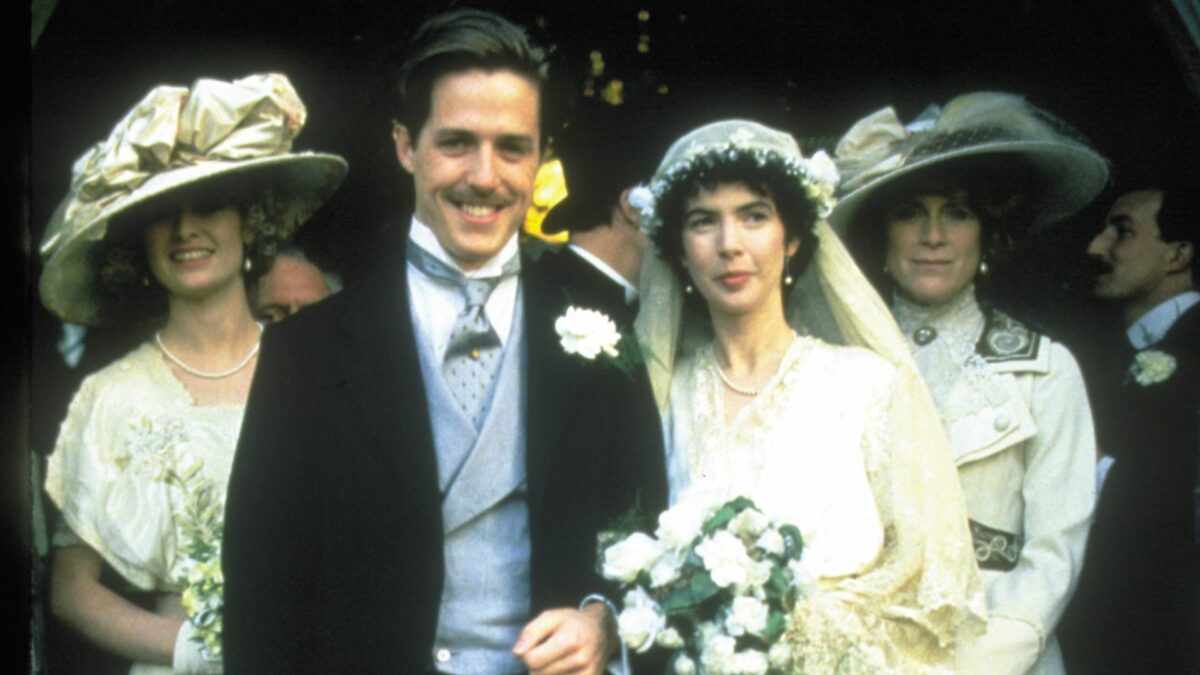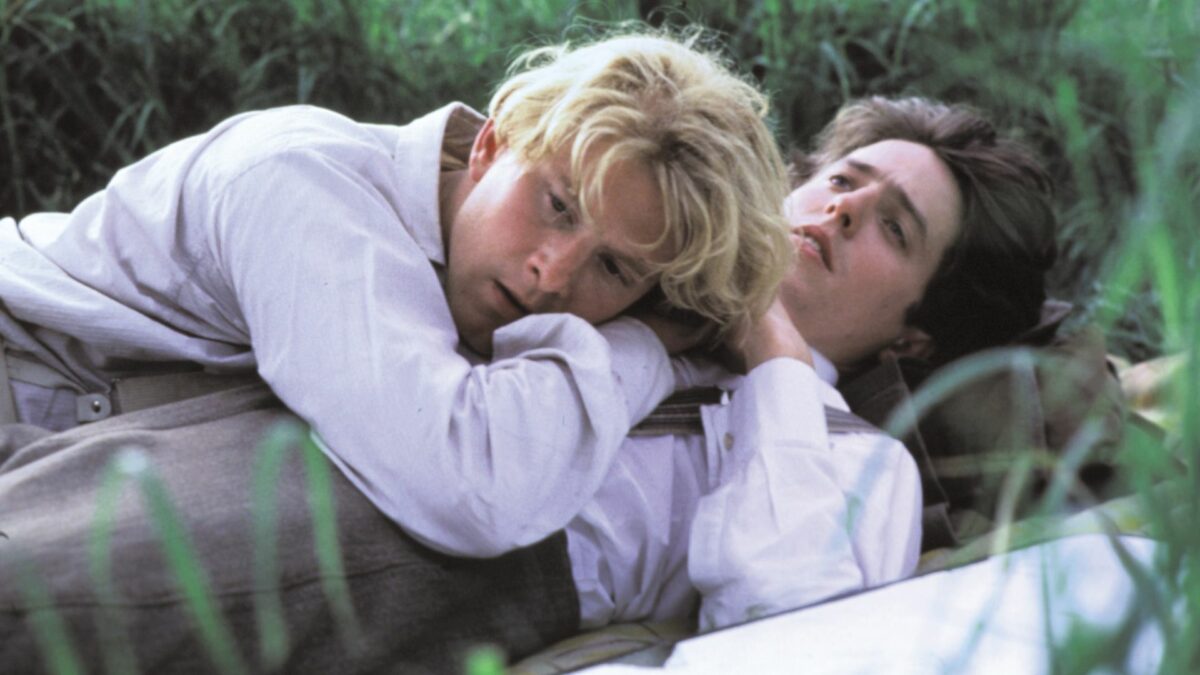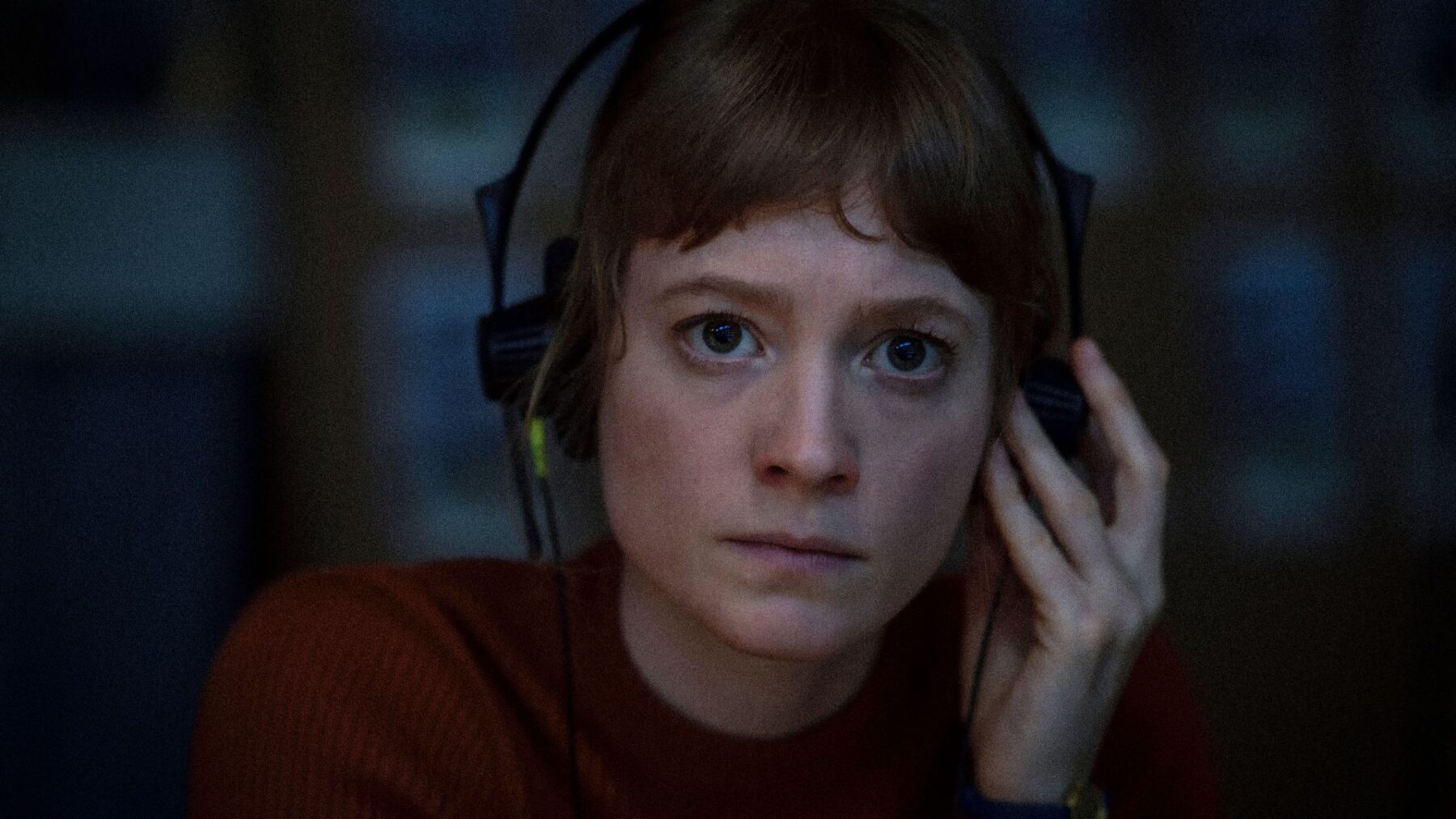Maurycy
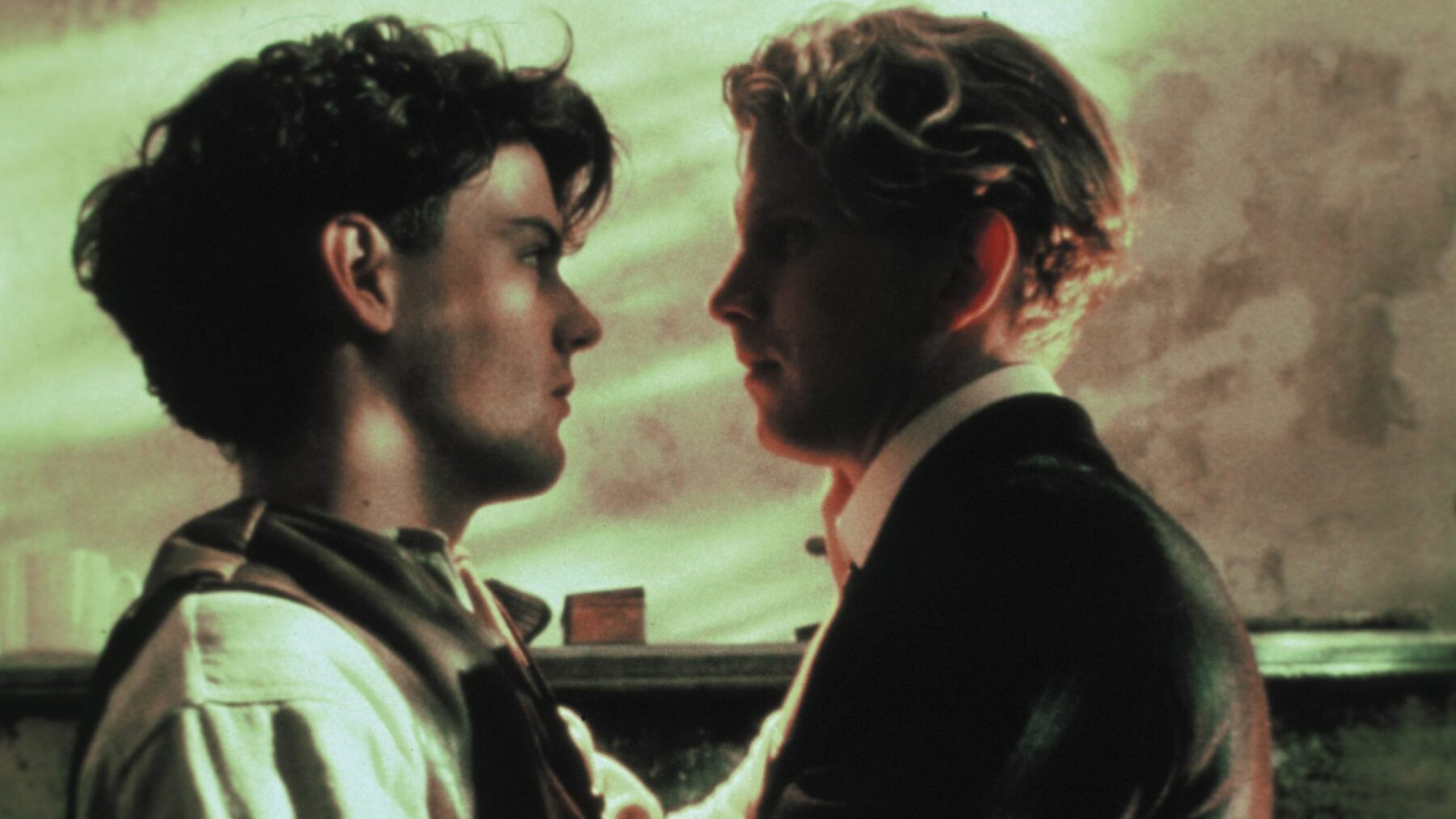
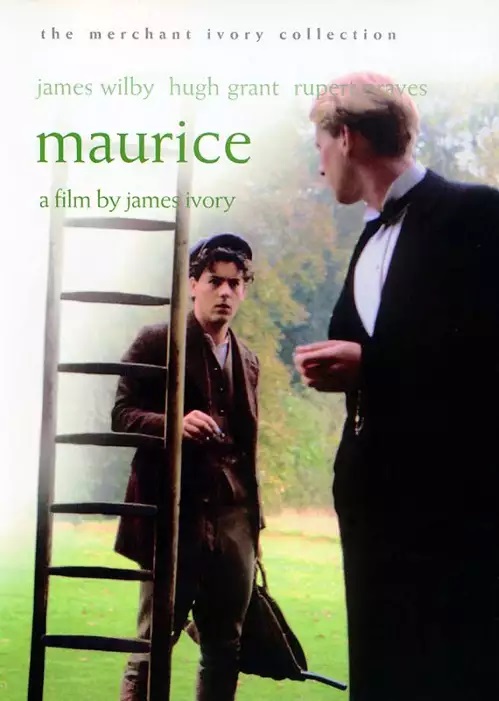
Pod koniec lat 80. XX wieku kino dziedzictwa, pod bogatą scenografią i kostiumami z epoki, coraz odważniej dotykało kwestii bliższych współczesności.
James Ivory, jeden z najważniejszych twórców nurtu kina dziedzictwa, po sukcesie POKOJU Z WIDOKIEM zajął się bliskim mu tematem nieheteronormatywności, adaptując w roku 1987 powieść Edwarda Morgana Forstera.
W czasach, gdy w Wielkiej Brytanii homoseksualność była przestępstwem, dwóch studentów – mieszczanin Maurycy (James Wilby) i wywodzący się z arystokracji Clive (Hugh Grant) – zakochuje się w sobie. Clive uważa, że jest to relacja bardziej platoniczna – młody inteligent nie dopuszcza do siebie popędu fizycznego. Z czasem mężczyźni oddalają się od siebie. Clive nie akceptuje swojej natury i próbuje dopasować się do ówczesnych norm społecznych, namawiając do tego również Maurycego. Po zerwaniu relacji Maurycy postanawia “wyleczyć się” ze swojej “ułomności”. Podczas kuracji poznaje jednak młodego i nieokrzesanego Aleca (Rupert Graves).
Na tle pięknych wnętrz i plenerów reżyser odmalowuje dość niepochlebny portret minionych czasów. Bohaterowie ściśnięci są ciasnym gorsetem konwenansów tak, że swoboda w ich życiach jest niemożliwa, a sfera uczuciowa i seksualną pozostają tematem tabu.
Film nie tylko jest ciekawym przykładem próby krytyki czasów Imperium Brytyjskiego, ale też narodzinami gwiazdy. To rola Clive’a przyniosła Hugh Grantowi uznanie i sławę oraz uczyniła go jednym z najpopularniejszych brytyjskich amantów lat dziewięćdziesiątych.
Sam Ivory otwarcie mówi o swoim homoseksualizmie, a grupę producencką Merchant Ivory Producions założył ze swoim wieloletnim partnerem Ismailem Merchantem. W ostatnich latach przypomniał o sobie publiczności jako autor scenariusza do filmu Luki Guadagnino TAMTE DNI, TAMTE NOCE (2017). W wieku 89 lat otrzymał za niego Oscara, zostając tym samym najstarszym laureatem tej nagrody.
Dominika Stachowiak
EN
Towards the end of the 1980s, the heritage cinema, beneath the great sets and period costumes, was increasingly boldly delving into issues more relevant to the modern day.
James Ivory, a key figure in the heritage cinema movement, addressed a topic of non-heteronormativity that was close to his heart following the success of A ROOM WITH A VIEW, adapting Edward Morgan Forster’s novel in 1987.
In a time when homosexuality was a criminal offence in Britain, two students – townsman Maurice (James Wilby) and the aristocrat Clive (Grant) – fall in love with each other. Clive feels this is a more platonic relationship – the young intelligent man doesn’t allow himself the physical drive. Over time, the men grow distant from each other. Clive does not accept his nature and tries to fit into the social norms of the time, persuading Maurice to do so as well. After the breakup, Maurice decides to „cure” himself of his „flaw.” However, during his treatment, he meets the young and unrefined Alec (Rupert Graves).
Set against beautiful interiors and landscapes, the director paints a rather unflattering portrait of a bygone era. The protagonists are squeezed by a tight corset of conventions so that freedom in their lives is impossible, and the emotional and sexual spheres remain taboo.
The film is not only an intriguing attempt to critique the era of the British Empire but also marks the rise of a star. It was the role of Clive that brought Hugh Grant acclaim and fame and made him one of the most popular British leading men of the 1990s.
Ivory himself openly speaks about his homosexuality, having founded the production company Merchant Ivory Productions with his long-time partner Ismail Merchant. In recent years, he has reminded audiences of his presence as the screenwriter for Luca Guadagnino’s film CALL ME BY YOUR NAME (2017). He received an Oscar for it at the age of 89, thus becoming the oldest recipient of this award.
